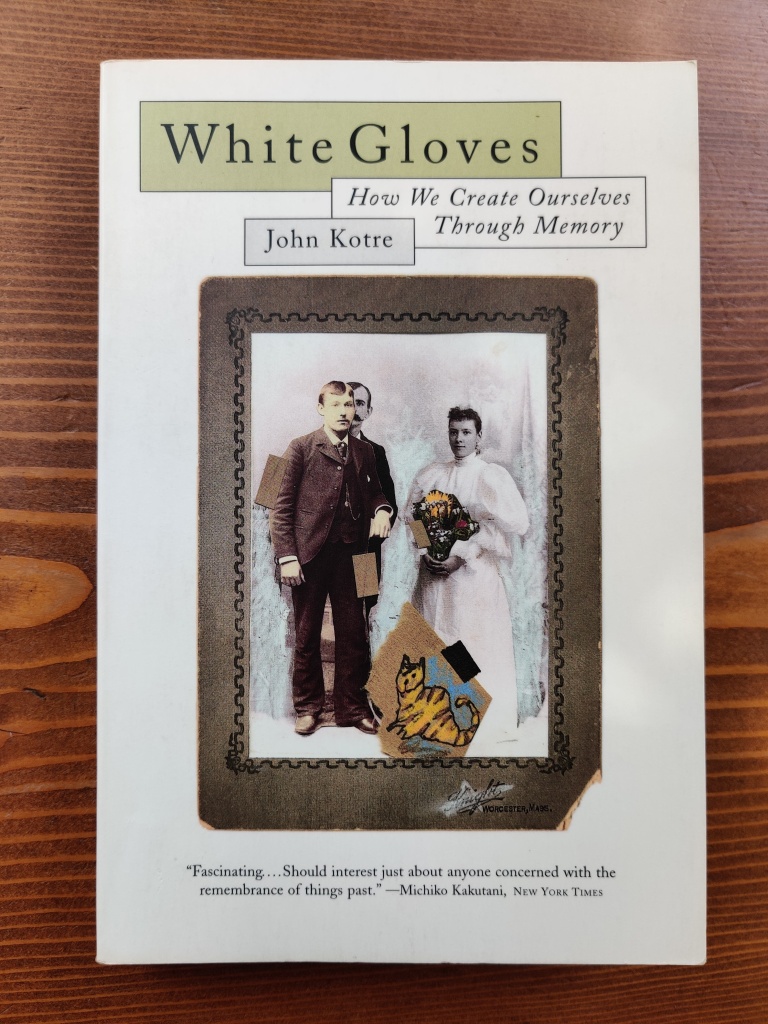When it comes to our memory, you can’t go home again. Our memories are not, as we sometimes think, passive recordings but are instead active reconstructions. While there are aspects of what we are remembering from “back then”, what we are experiencing now has been made now.

It is a story we edit together and tell ourselves in order to create context for what we are going through now. The content this memory is based on may come from our past but, like a movie, much is altered in the editing process.
We simplify, removing elements that don’t relate to the theme we are developing. We reshape it with things we didn’t know at the time but learned later. We recombine or mash up separate episodes to make the reconstructed scene more meaningful. They can almost become symbolic in how we load them with meaning. With memories from childhood we include perspectives we weren’t capable of understanding and narrative structures we hadn’t learned yet.
We do all of this outside of our awareness, for the most part, and fast enough we can’t see any of the seams. And next time we have this memory, this most recent version will be the starting point for a new set of edits.
This process bears some similarity to hallucination but even more to dreaming. In fact, dreaming is vitally important to the creation and contextualizing of memory. Dreaming is when we organize the emotional meaning of our memories and move our experiences from short-term storage into our long-term library.
For people who want their memory to be effective record keeping, this plasticity might sound like a problem but that is not what memory is for. Memory exists to help us understand and navigate our world. And given our existence as very social animals, it is likely it likely also exists to help our progeny and other members of our community to understand and navigate our shared world.
After we develop language and narrative we can’t help but structure and communicate our memories, our experiences, in linguistic and narrative form. Even things we experienced before we had learned those things will be organized and expressed in those forms when we call it up today.
We are artists… writers, directors, and editors reshaping the raw material of our experiences to suit the narrative needs of the present moment. Creating the context and lessons we need in order to make decisions and act in order to get our present needs met. But also to create context to help those we care about to navigate the perilous transitions of their lives.
Our memories’ failings as literal recordings is exactly what makes them flexible enough for these far more important purposes. And also what makes them flexible enough to allow us to learn, and heal, and grow.
References

Leave a comment